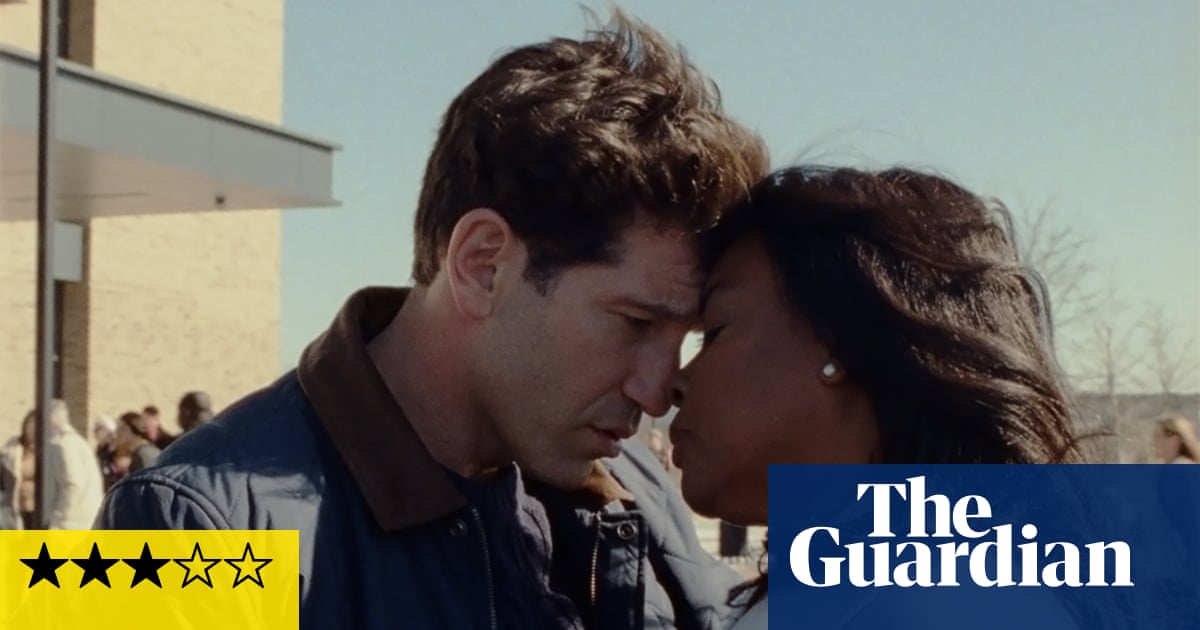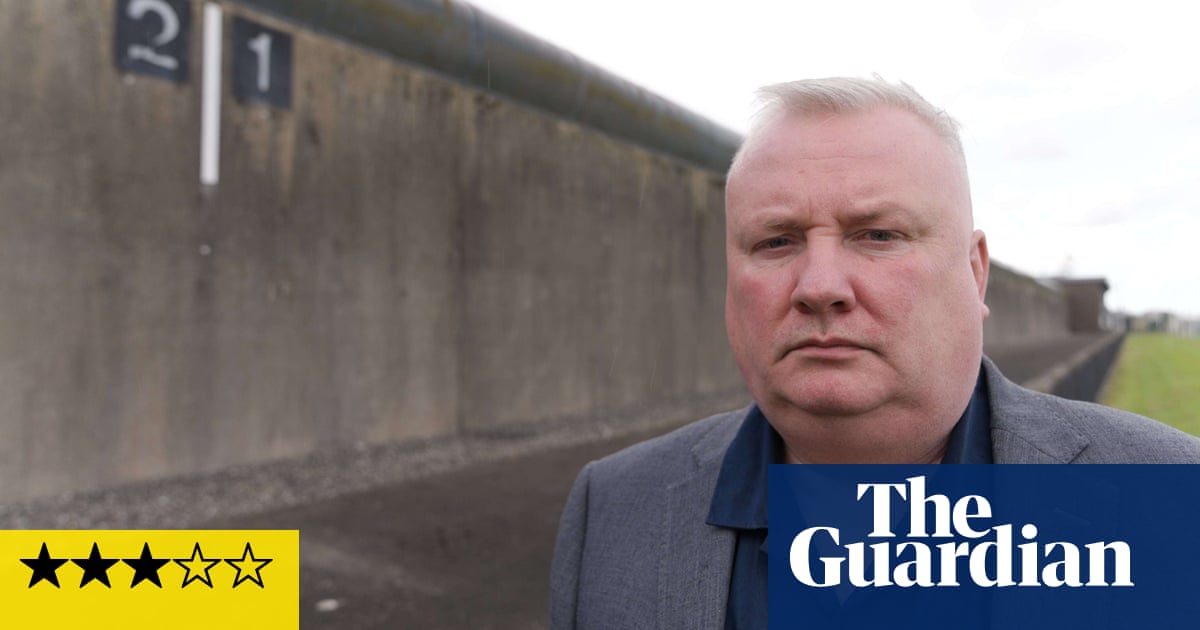
The White Lotus is Big Little Lies with another two and a half turns of the screw – an equally sumptuously set miniseries with a mystery fatality at its heart. But this time, its subject is the monstrousness of affluence rather than mere snobbery.
We open with newlywed Shane (Jake Lacy) batting away questions from a friendly couple in an airport departure lounge about where his wife is, as he gazes down at cargo labelled “Human remains” that is being loaded on to their flight. Then we flash back a week to his arrival (with his starry-eyed wife Rachel – Alexandra Daddario) at the exclusive White Lotus spa in Hawaii, as part of a similarly Waspy group of guests.
They include the well-intentioned but needy (and self-confessed “insane alcoholic”) Tanya – spacily and brilliantly played by Jennifer Coolidge, at last being given something meatier than the Stifler’s Mom-type parts she has been unfairly limited to for years – and the Mossbacher family. The latter comprises Nicole, CFO of a tech company (Connie Britton, scabrous and magnificent) and her beta-male husband Mark (Steve Zahn), awkward teen son Quinn (Fred Hechinger) and highly unawkward daughter Olivia (Sydney Sweeney) who is everything ever meant by the arrogance of youth. She has brought her best friend Paula (Brittany O’Grady), who has nearly as good a mean girl game, along for the ride.
They are met on the shoreline by the all-smiling hotel staff, led by manager Armond (Murray Bartlett). He gives a last-minute pep talk about the need for his workers to efface themselves at all times and become interchangeable units there to cater to guests’ every whim. Creator Mike White’s story focuses as much on the have-nots as the haves: it wrestles with inequality and the forms of corruption and suffering (major and minor, insidious and blatant) it causes.
The guests disembark and the work begins. Tanya wants a massage but hasn’t booked – and wellness consultant Belinda (Natasha Rothwell) must solve this problem. In doing so, she becomes Tanya’s reluctant confidante for the rest of her stay. Armond must deal with Shane’s complaint about not being put in the honeymoon suite – a row that agonisingly escalates over the entire series. It’s Lani’s (Jolene Purdy) first day on this much-needed job and she does her best to serve – until her waters break early and give her secret pregnancy away.
The inequities and iniquities accumulate with every episode – as do the casual, unthinking cruelties – as the backstories of guests and staff are filled in and they all begin to unravel. The power structures that shape our world so fundamentally as to be almost invisible are increasingly revealed. The imbalance between Tanya and Belinda, not just as guest and staff member but also the fact that one is a rich white woman and the other is a much less rich black woman, for example, is a distillation of multiple injustices. Tanya’s lavishly professed admiration for Belinda’s healing skills evokes the “magical negro” trope, and her tantalising promise of setting Belinda up with her own spa business is one the latter cannot afford to dismiss. It’s probably not a consciously manipulative move by Tanya to use her money to tie Belinda to her and yet – what do we call it when someone is bonded to another and not free to come and go as they wish?
Elsewhere, just about every other hot-button contemporary issue is held up to the light through the prism of White’s seamlessly unfolding story and his plethora of fully rounded characters. Nicole’s concern for her son Quinn – “so alienated”, she frets, because there has never been a harder time to be a straight white male – encapsulates endemic attitudes, and its veneer of maternal reasonableness emblematises how they are maintained. That she feels able to say all this in front of Paula, a non-white teenager, is an arrow that hits its mark, too.
None of the guests is wholly villainous – White is too good to make it that easy for us: the entire point has to be their horrifying relatability. How they unthinkingly accept services rendered. How they assume their money buys everything (and these are but high-end middle-class Americans – nowhere near what you might call the truly rich). How they metastasise their non-problems into catastrophes, while others cling on to desperately needed jobs after they go into premature labour. How they weaponise wokeness – especially Olivia – to chastise others instead of changing anything yourself (or about yourself).
All this is delicately anatomised over the course of a strong story just soapy enough to let it slip around easily but not so much that it doesn’t snag your attention. And – no spoilers – it sticks the landing, too, cleaving to the very end to its underlying truth that shit rolls inexorably downhill. Those at the top can just enjoy the view.












